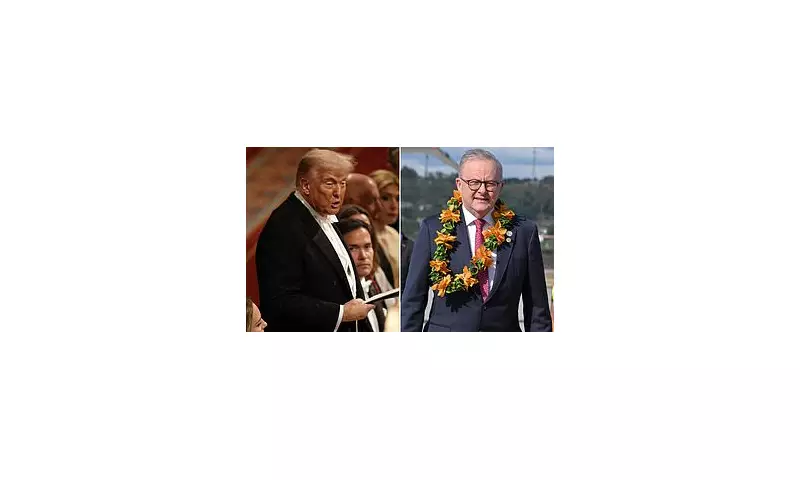
Australian Prime Minister Anthony Albanese's significant diplomatic mission to Papua New Guinea has been unexpectedly overshadowed by breaking news from across the globe. As Albanese engages in crucial talks to strengthen Australia's Pacific presence, attention has sharply diverted to the potential travel plans of former US President Donald Trump.
The timing creates a striking contrast in global diplomacy, pitting a current world leader's regional strategy against the media whirlwind that perpetually follows the former US commander-in-chief.
A Pacific Priority Overshadowed
Prime Minister Albanese's visit to Papua New Guinea represents a strategic effort to bolster Australia's influence in the Pacific region—a key foreign policy objective for his government. The trip, intended to demonstrate Australia's commitment to its nearest neighbours, has now been thrust into the shadow of Trump's potential international movements.
This development highlights the ongoing challenge world leaders face in capturing media attention amid the constant spectacle of Trump-related news cycles.
The Trump Effect on Global Diplomacy
The phenomenon of Trump dominating international headlines, even when not holding office, continues to reshape how diplomatic efforts are perceived and covered. Albanese's substantive policy work in Papua New Guinea, though critically important for regional stability, struggles to compete with the sensational nature of Trump's travel plans.
This scenario underscores the complex media landscape modern leaders must navigate, where substantive policy achievements often receive less coverage than personality-driven politics.
Implications for International Relations
The juxtaposition of these two events raises important questions about diplomatic priorities and media focus. While Australia works to strengthen ties in its immediate region, the potential movement of a former US president—however newsworthy—demonstrates how individual figures can redirect international attention.
This situation may prompt governments to reconsider how they time and promote their diplomatic initiatives to ensure their messages break through an increasingly crowded news environment.






